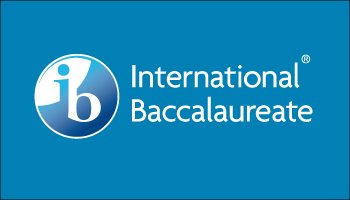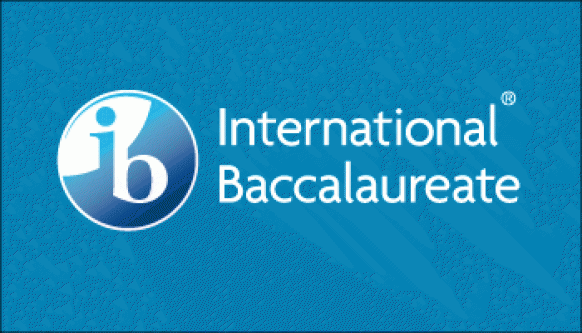Spurring a broader world view
 Schooladvisor Team
Schooladvisor TeamIt has been said thousands of times already: the world is becoming increasing globalised and children must grow up to become global citizens. This idea means that a person’s identity is not bound by political borders or geography, but rather derived from membership in broader classes and identification with people all over the world. |  |
It certainly is a utopian concept that is fast becoming reality, which is why in order for children to grow up and become successful in this shrinking world, the education they receive must prepare them for all future possibilities. More and more parents are therefore seeing the worth of an education that equips their children with the tools to function in a global economy. A curriculum
that produces an internationally minded graduate not only has appeal but also utility. Malaysia’s own national curriculum tends towards introspection, focusing more on nationalistic concepts than providing students with a broader world view. This is perhaps why international curricula such as the International Baccalaureate (IB) Programme have been slowly gaining popularity on Malaysian shores. The IB Programme is a prime example of an international education programme that is comprehensive and holistic.
Facility and utility
The IB programme is divided into three parts – the Primary Years Programme (PYP), Middle Years Programme (MYP) and International Baccalaureate –Diploma Programme (IBDP) each designed to be continuations of the previous part. The programme as a whole places great emphasis on enquiry-based learning and from its beginning – the IB Primary Years Programme, which starts at three years old – learning is informed and moulded by concepts such as “How the world works” and “Where we are in place and time” and is focused on creativity and adaptability.
According to the International Baccalaureate foundation, which offers the IB Programme, the curriculum is designed to be trans-disciplinary and help develop students’ skills for intercultural understanding and global engagement. “There is an increasing need for young people to develop these skills and broaden their horizons in order to acknowledge and appreciate the impact of a globalised and multicultural economy within their own local communities,” says Ian Stanley, head of school at Excelsior International School.

“Being able to interact with people from other countries and cultures, thinking critically about a range of global issues when more than one point of view exists, being creative thinkers and problem solvers, and working collaboratively while being able to seamlessly switch to working independently are all key to being an active, adaptable and versatile world citizen. The IB Programme provides an ideal framework to achieve these goals,” he says.
Perhaps even more important from a student’s point of view is the fact that this type of curriculum has the ability to make learning meaningful, which gives it greater effect. “Learning is enjoyable for students when they understand how it relates to the world around them. It also helps deepen the learning experience so students find it easier to commit subject material to memory rather than just cramming in abstract concepts for examinations,” says Anne Fowles, head of school at IGB International School.
Building foundations
One of the aims of the IB Programme is to provide a good breadth and depth of knowledge to students in all the subjects they pursue. A broad knowledge is good, but understanding it is more important and the IB programme expects both from its students.
From a parent’s point of view, this feature of the IB Programme makes it more appealing. For students, this feature certainly makes studying more challenging.
Recent Articles
- What Should You Be Looking for in a Preschool?
- HELP Education Group Unveils New Sports Oval in Subang 2 Campus
- Exploring the Homeschooling Path: What Parents Need to Know Before Taking the Leap
- More Parents Are Now Opting for International Schools in Malaysia
- AISM Students Who Dream Big and Build Bigger

